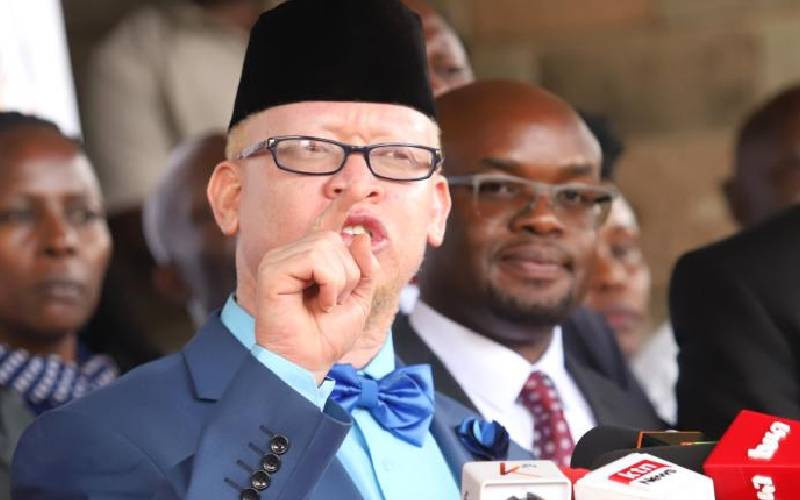
Kenyans have in the past been embroiled in war of words, with every Moses, David and Harry offering to speak for the government. This has usually left the public in a state of confusion, craving a singular, dependable source of truth. The government's communication strategy had faltered due to lack of a centralised platform for verified information.
During the Worldcoin saga, CS Eliud Owalo, CS Kithure Kindiki and former Communications Authority of Kenya CEO Ezra Chiloba had different versions of the story. Days later, an increase in fuel prices made several officials to give their personal opinions, which would have been mistaken for official government position. Notable were remarks by CS Moses Kuria and State Economic Advisor David Ndii, among others, who took it to social media to communicate.